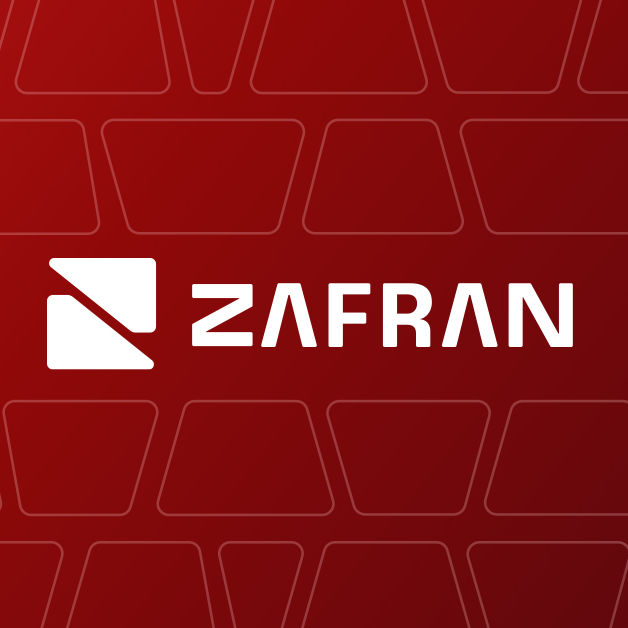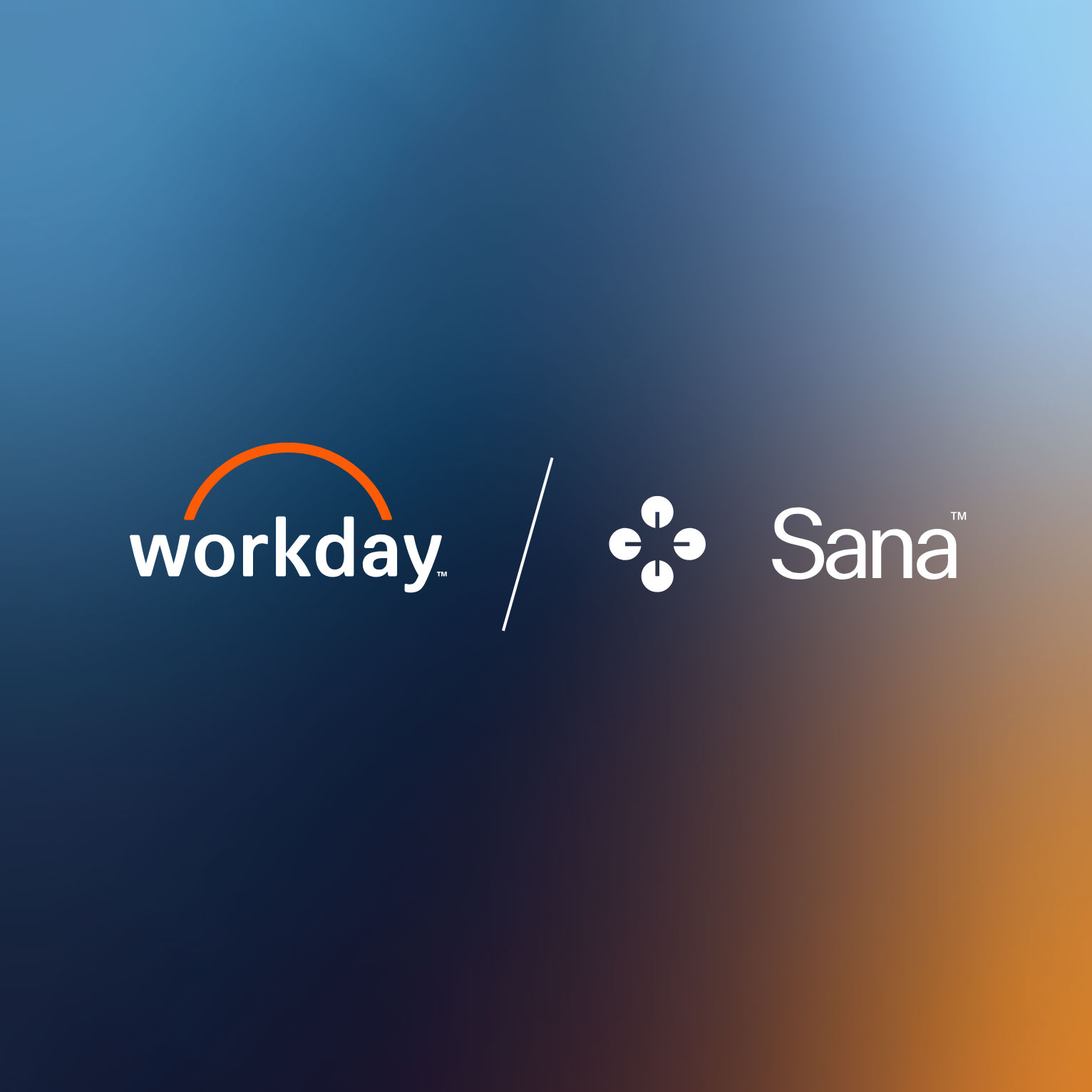All Articles
PortfolioFunding
Menlo Ventures is excited to co-lead Lovable’s $330M Series B round with CapitalG and help Lovable enable the next generation of builders.
PerspectivePortfolio
2025: The State of Generative AI in the Enterprise
For all the fears of over-investment, AI is spreading across enterprises at a pace with no precedent in modern software history.
FundingPortfolio
Ushering in the New Guard of Vulnerability Management: Menlo Leads Zafran’s Series C
Zafran’s platform reimagines vulnerability management as an intelligent system that understands actual exploitability and takes autonomous action, consolidating what has historically been fragmented across…
PerspectivePortfolio
Agents for Security: Rethinking Security for the Age of Autonomy
With millions of unfilled positions and increasing threat volumes, cybersecurity is facing a scale challenge that only autonomous AI can solve.
PortfolioFunding
The Future of Music Is Participatory: Leading Suno’s Series C
Music has been a big part of my life. I started playing the piano when I was 4, classically trained, and performed internationally before…
PortfolioFunding
Investing in Agency’s Series A: The AI Operating System for Customer Relationships
Agency is positioning itself to become the system of record and intelligence layer for all customer interactions—from first touch to renewal and expansion.
PortfolioFunding
Q3 2025 Anthology Fund Update
We’re excited to announce that the Anthology Fund portfolio has now grown to 45+ companies with 12 new additions this quarter.
PortfolioFunding
Doubling Down on Curated Commerce with ShopMy
We’re thrilled to announce that Menlo Ventures has doubled down on ShopMy in its latest $70 million raise at a $1.5 billion valuation to…
PerspectivePortfolio
2025: The State of AI in Healthcare
Healthcare is setting the pace for enterprise AI adoption. Long dismissed as a digital laggard that trailed years behind every major innovation wave, healthcare…
FundingPortfolio
For the Love of the Developer: Announcing Clerk’s Series C
In application development, there are two universal truths: 1) Every application needs authentication, and 2) No developer wants to build authentication. Building customer-facing auth…
PortfolioFunding
Backing Trove AI: Agents for Private Equity
If you’ve worked in private equity, you know the drill: thousands of documents, scattered data, and a ticking clock to turn it all into…
Portfolio
Pioneering the UI for AI: Celebrating Sana’s Anticipated Acquisition by Workday
This is an important day for the team at Sana and Menlo as Workday has entered into a definitive agreement to acquire Sana.












